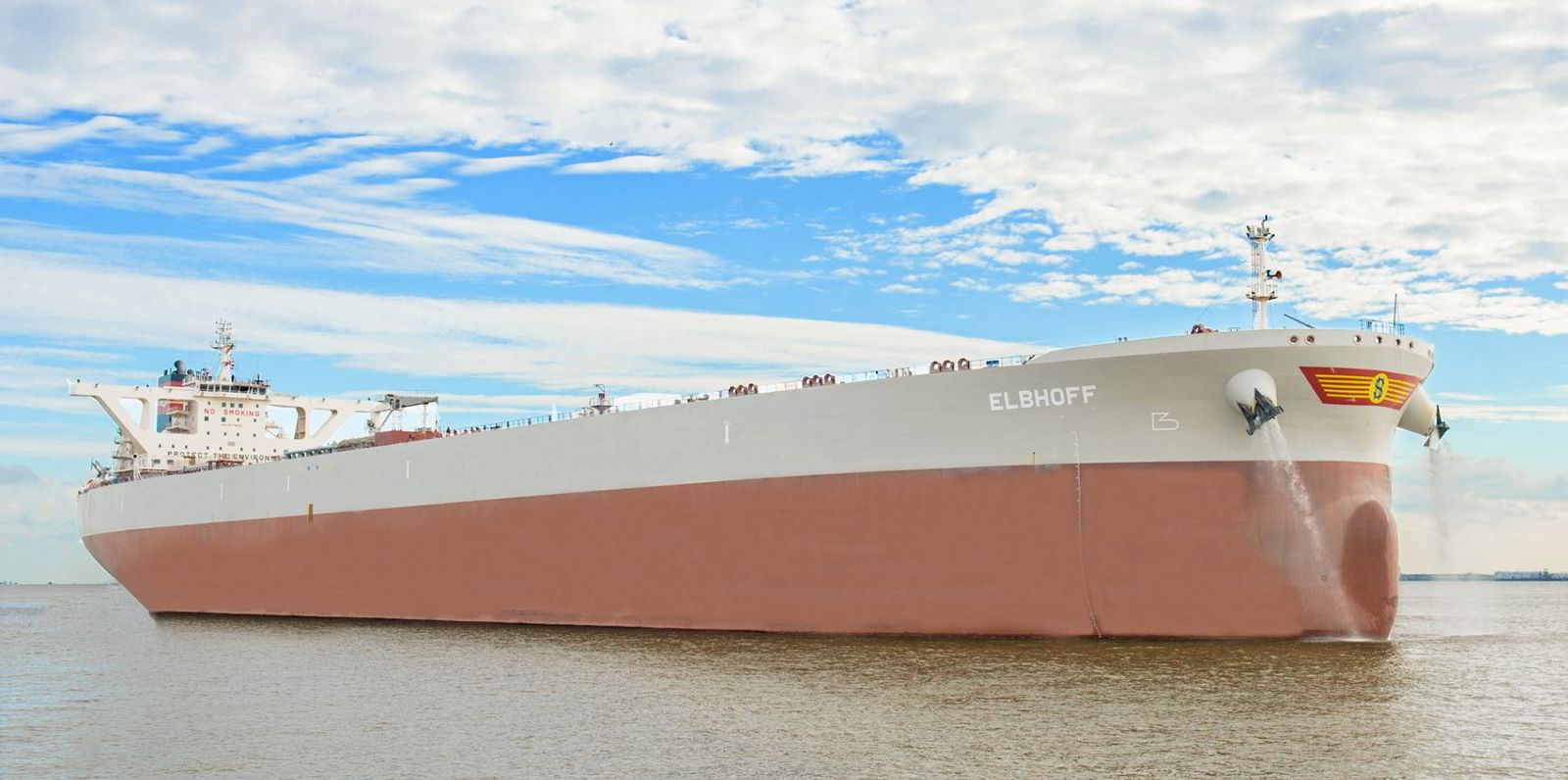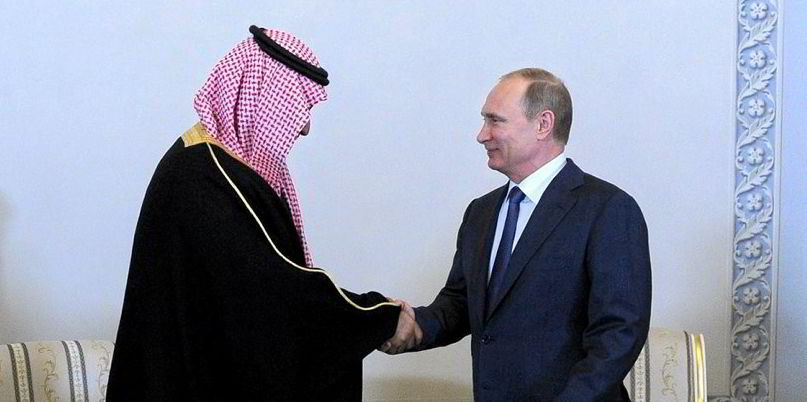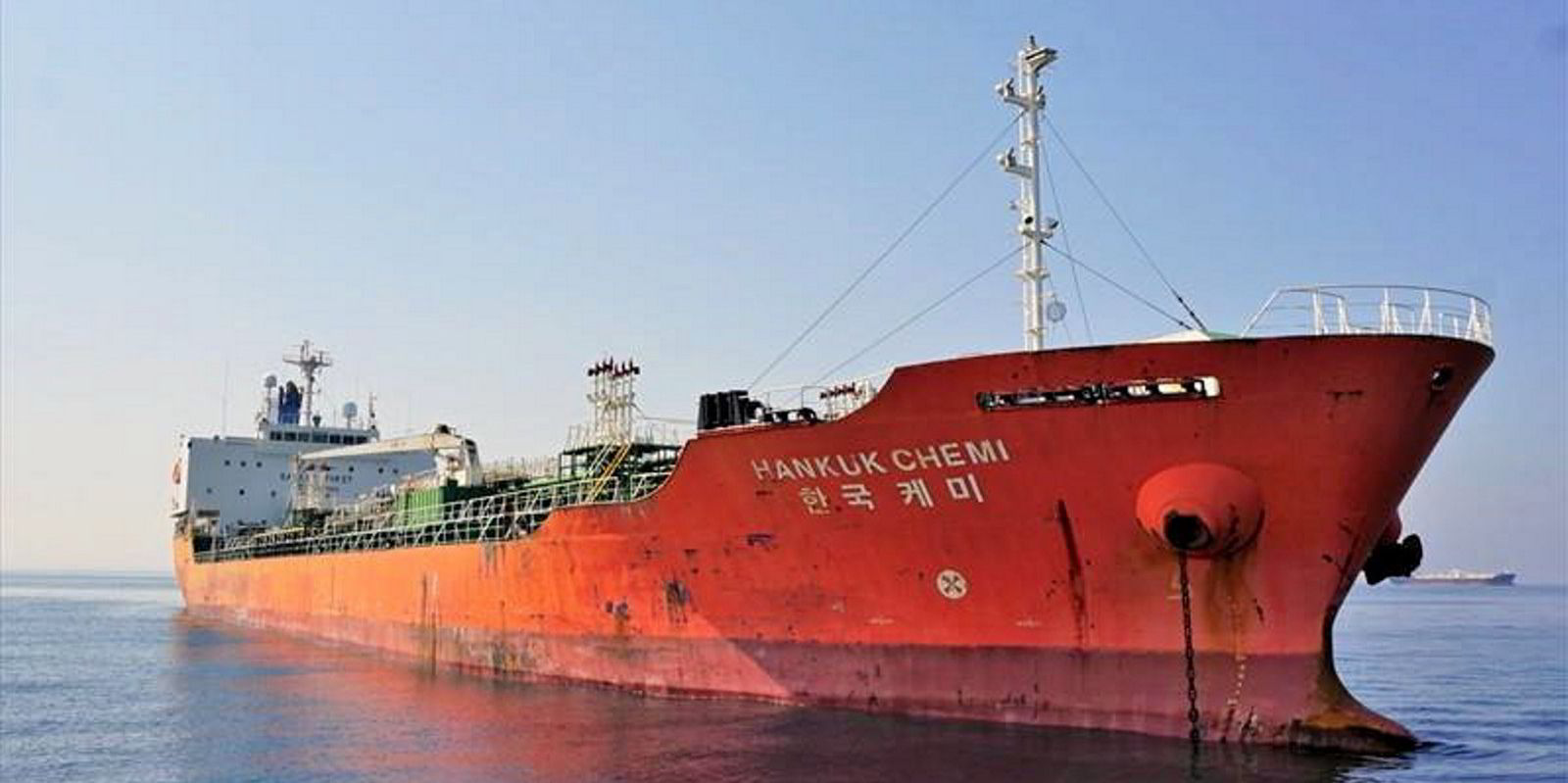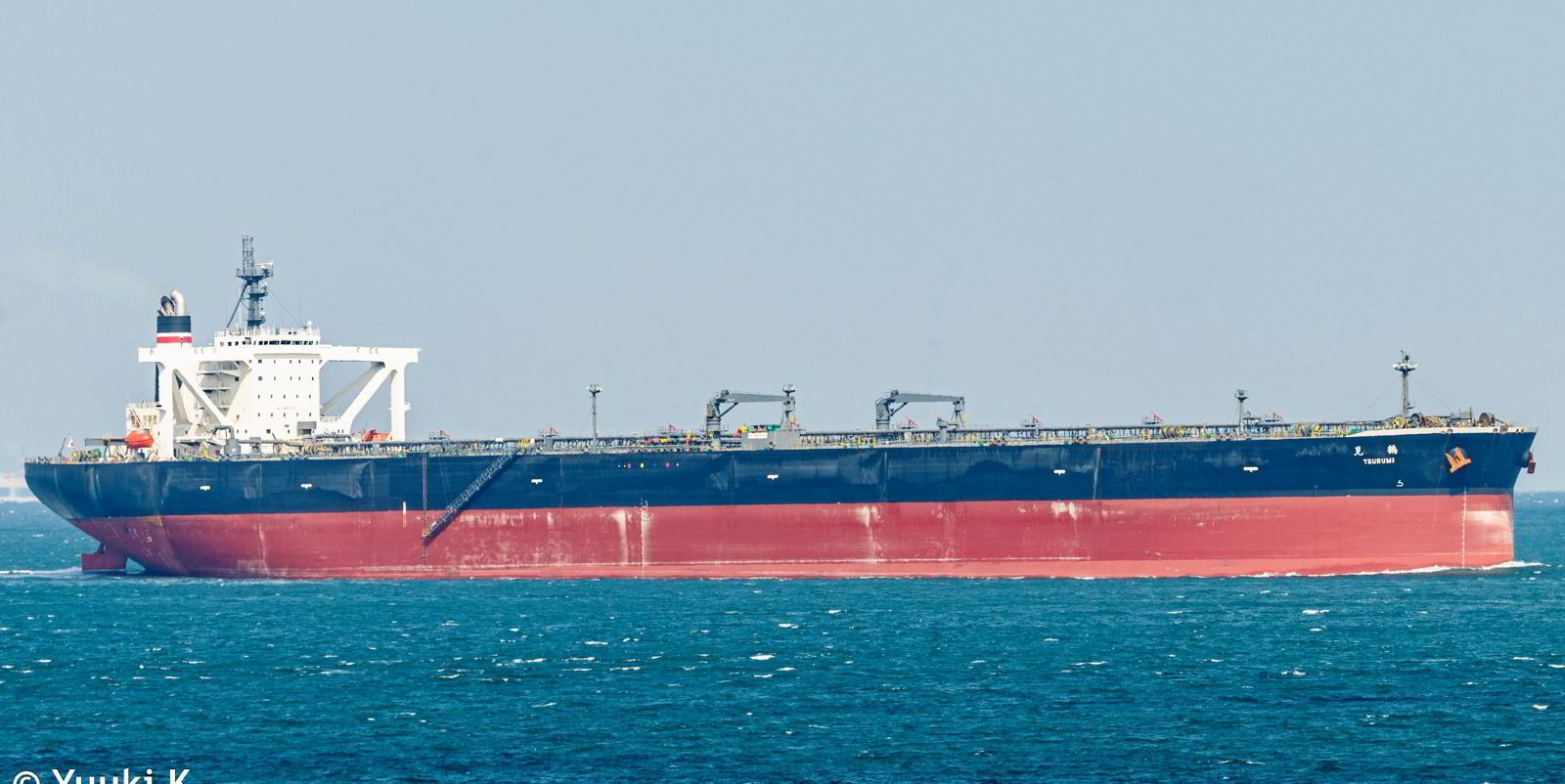Forward freight agreements (FFA) for tankers have seen a big sell-off in recent days amid a surprise supply cut of Saudi crude and slower-than-expected vaccine roll-out.
The February contract for the TD3C VLCC route between the Middle East Gulf and China route closed at $6,983 per day on Wednesday, down from $13,344 at the end of 2020, data from the Baltic Exchange showed.
The March TD3C contract fell by $6,618 to $13,687 per day in the same time span.
Some analysts said FFA market participants were reacting to falling crude exports in the Middle East and renewed signs of demand weakness during the coronavirus pandemic.
During the Opec+ talks on Tuesday, Saudi Arabia announced a surprise reduction of crude output by 1m barrels per day in February and March.
“It’s less demand, less cargo in the first instance” as market mood weakened on the Saudi news, brokerage Alibra Shipping research head Rebecca Galanopoulos Jones said.
Banchero Costa analyst Ralph Leszczynski said slower-than-expected vaccination in the US, Europe and Asia also dampened sentiment as that suggests soft recovery in oil demand.
“Ten days ago, there was much optimism that vaccines were coming and things could get back to normal soon. The last few days is all news about shortages of vaccines,” Leszczynski said.
Weak physical market
Spot earnings have also been falling in physical trade as brokers reported limited activity.
Clarksons Platou Securities estimated the TD3C earnings at $11,100 per day on Thursday, down 18.3% over the past week.
“Weak refinery demand and Opec output restrictions are the key drivers in depressing this once benchmark crude oil trade,” Arctic Securities said.
Recent physical fixtures suggest that charterers are more active in the Atlantic basin, booking some VLCCs to lift from Latin America in February.
According to Tanker International, Petrogal tentatively chartered the 300,800-dwt, non-scrubber Elbhoff (built 2017) to lift from Brazil between 5 and 9 February for a voyage to China at Worldscale 31.5. The deal was fixed on last year’s WS basis.
While geopolitical tensions in the Middle East flared up one again with Iran seizing a South Korea-flagged tanker, market players have overlooked the incident.
“This is just the latest in a long series of events there,” Leszczynski said. “I don’t think the region is any more dangerous now than it was six or 12 months ago.”
Shipowners could theoretically face higher insurance premiums, but these costs are not expected to be passed on to charterers amid severe tonnage oversupply.
"Their market power is certainly diminished right now," Gibson Shipbrokers head of research Richard Matthews said.






